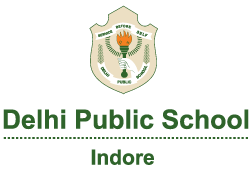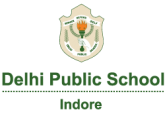Curriculum Followed
September 26, 2023 2024-04-27 10:27Curriculum Followed

Curriculum Followed
Curriculum Followed
DPS Indore follows the core ideology of imparting child centric learning, perfectly blended with the NEP norms.
Conceptual learning is strengthened with multifarious exposure and interdisciplinary activities.
Subject Enrichment Activities play a key role in cognitive enhancement and are instrumental in venturing beyond the textbooks for conferring learning relevant to the day to day life!
Club Activities keep the zest of hands-on learning alive and constructive presentation of the knowledge attained during such activities, make learning relatable and fun-filled!
The curriculum also entails reaching out to the community and imbibing empathy through social welfare drives, such as charitable donations in orphanages and old age homes.
Students gain an in-depth and holistic perspective towards life!
Curriculum Outline
- Vision Statement : Our curriculum aims to foster an educational environment that promotes holistic development, critical thinking, creativity, and lifelong learning in alignment with the National Education Policy (NEP) 2020.
- Core Principles of the curriculum
- Holistic and Multidisciplinary Learning
- Focus on Conceptual Understanding
- Integration of Technology in Education
- Emphasis on Life Skills and Values
- Continuous and Comprehensive Evaluation
- Subject Areas
- Languages (English,Hindi/Sanskrit, French)
- Emphasis on reading, writing, speaking, and listening skills
- Literature that reflects diverse cultures and perspectives
- Mathematics
- Focus on conceptual understanding and problem-solving
- Integration of real-life applications and technology
- Science (Physics, Chemistry, Biology)
- Inquiry-based learning and experimentation
- Integration of environmental and sustainability education
- Social Sciences (History, Geography, Political Science, Economics)
- Interdisciplinary approach to understanding society and the environment
- Emphasis on critical thinking and analysis
- Arts and Crafts
- Exploration of various art forms (visual arts, music, dance, theater)
- Encouragement of creativity and self-expression
- Physical Education and Sports
- Promotion of physical fitness and well-being
- Inclusion of traditional and modern sports
- Computer Science and Information Technology
- Development of digital literacy and computational thinking
- Safe and responsible use of technology
- Vocational Education (Optional)
- Introduction to various vocational skills (e.g., gardening, cooking, carpentry)
- Alignment with local industry and community needs
- Languages (English,Hindi/Sanskrit, French)
- Pedagogical Approaches
- Learner-centered and inquiry-based teaching methods
- Integration of experiential learning and field trips
- Use of technology for interactive learning and assessment
- Collaboration and group work to foster teamwork and communication
- Assessment and Evaluation
- Continuous and Comprehensive Evaluation (CCE) approach
- Formative and summative assessments
- Regular feedback for improvement
- Portfolios and project-based assessments
- Extracurricular Activities
- Clubs (e.g., science club, debate club, eco-club)
- Community service and social responsibility initiatives
- Cultural and sports events


